“To those who have heard or seen anything in these different crimes, be sure you come forward as soon as possible to police and others,” the letter will say, the Social Democrat mayor of Malmö, Ilmar Reepalu, told Sveriges Radio (SR).
Reepalu wants to follow in the footsteps of the local police, whose letters to residents have sparked a strong reaction from the public in the last month, resulting in more tips and showing that residents are eager to help quash crime and solve the city’s escalating problems with violence
The police have received numerous tips, including help from people who are members of criminal gangs.
“We have seen a strong change in society. People want to help and contribute with as much information as possible,” said Mikael Mattsson of the Malmö police to the TT news agency.
While police continue to hunt for the perpetrator of the city’s latest fatal shooting, which claimed the life of a 48-year-old father of four last week, they are confident that Malmö residents will continue to come to their aid in the solving of the crime and others.
“It’s clear that residents have had enough of what’s been happening in the city. This response can obviously give us a better insight into the murder case,” said Mattsson.
Another key aim of the open letter planned by Reepalu is to urge residents not to buy goods and services on the black market.
But Moderate city council member Anja Sonesson is sceptical of such measures.
“I am doubtful, generally speaking, that politicians should go out and write letters giving advice to citizens,” she told TT news agency.
“On the other hand, there can be benefits of some form of campaign to inform Malmö residents about the connection between buying cheap goods on the black market and the serious criminality.
“We’ll see how it all comes out when we see the letter,” she said.
Despite a massive influx of resources, police in Malmö haven’t had a breakthrough in any of their investigations in the spate of recent shootings in the city.
Since January 3rd, police have searched dozens of homes, more than 250 cars, and frisked 700 individuals, resulting in 52 people being suspected of minor drugs offences and one person being remanded in custody on suspicion of aggravated weapons offences.
“I think the image sometimes conveyed that the police aren’t doing anything and are merely standing aside is totally wrong,” the police’s Mattias Sigfridsson told SR.

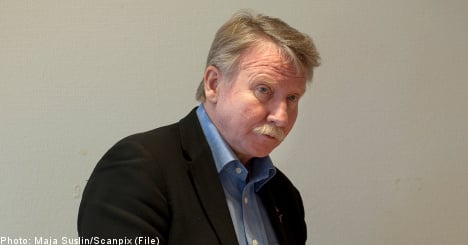
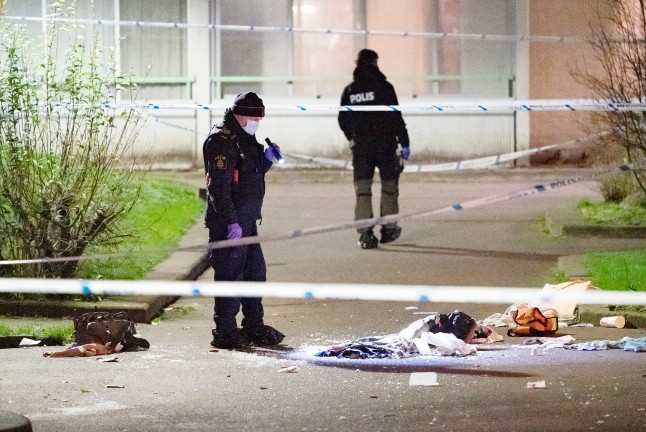
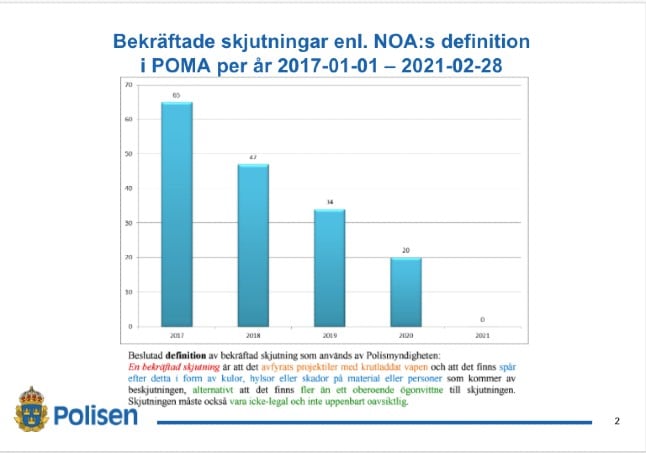
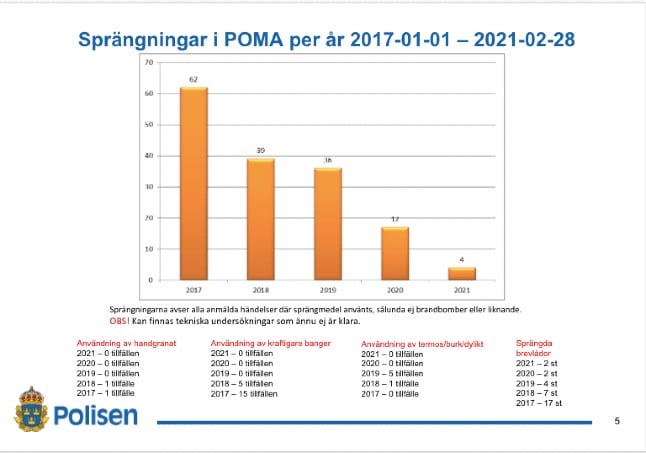
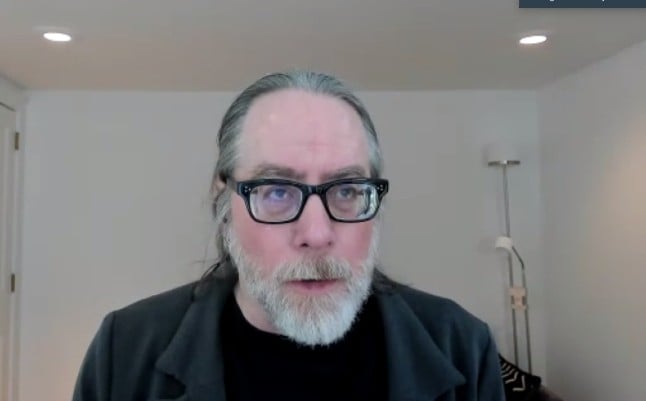
 Please whitelist us to continue reading.
Please whitelist us to continue reading.
Member comments